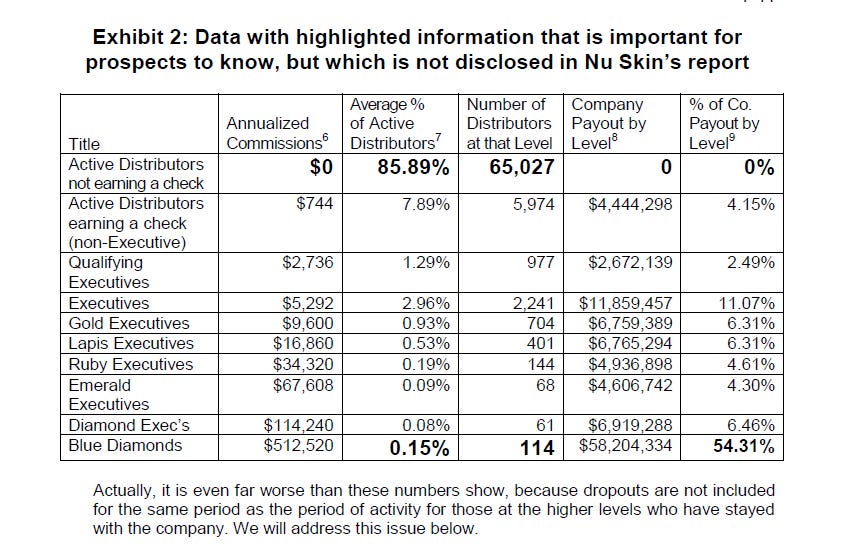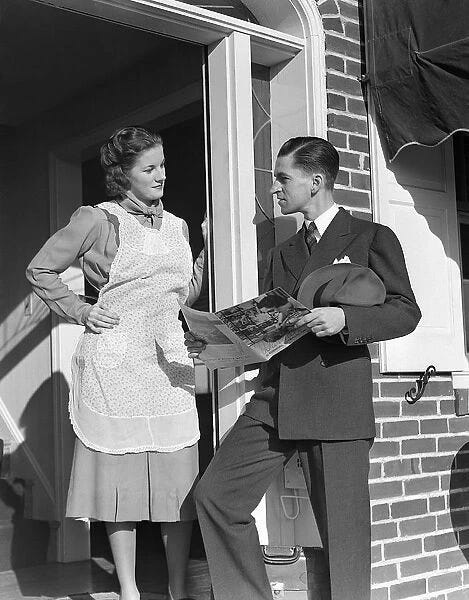First of all, I apologize for this post's lateness. Perhaps appropriate to the theme, I was in Utah last week for a conference. I am now home with a typical “conference crud,” so everything is a bit behind.
If you haven’t listened to our latest episode about David McConnell, the founder of Avon, I highly suggest giving it a listen. We had a lot of fun researching and making this one.
I admit that my research on Avon did not quite go where I expected it to. I have had a side interest in Multi-level Marketing (MLM) companies since the pandemic put the tourism industry on hold, and I had little to do outside of watching videos online and working on my Animal Crossing Island.
So, when I looked up who founded the first MLM, I expected to find the sort of predatory techniques we see today that suck money from the vast majority of people in the company.

What I found was far more complex.
Avon, originally the California Perfume Company (CPC), did not start out with the modern MLM structure that requires intense recruitment to earn any real money (i.e., a pyramid scheme). It was based on a simple commission structure. sales agents sold a product, got between 30%-40% of the cost of said product, and had exclusive selling rights in her territory.
Where this differed from other direct sales companies of the era was not just the hiring of women, though that is important, but also because the sales agents lived where they sold and did not earn a salary alongside commission. CPC also encouraged its (predominantly female) sales agents to think of their job as running their own business.

The most important thing CPC built that created our modern influx of Instagram messages “selling us an opportunity” was their company culture.
That culture, still alive and well across the industry today, is an illusion of independence, constant work (even during major life events) with very little payout, and the agent completely dedicating their social and business life to the company.
CPC did this via Bulletins and The CP Outlook. These documents show the birth of modern MLM culture.
The above shows us that toxic positivity is hardly anything new. If you aren’t enjoying yourself, clearly, you aren’t working hard enough.
In the above, CPC likens working for them to fighting in WWI. “Class A-1 was the designation for people fit for active service. This comparison is made even more stark by using military recruitment and draft language. The orders shown are from people experiencing hardship in their lives but still going out and working the business.
If you can’t go off to fight in Europe, the least you could do is sell some perfume.
CPC saw a nearly 100% turnover rate among their sales agents. Their literature makes a lot of fuss about success stories, but the reality is far grimmer. The only thing that makes this better than what we see today is that these sales agents likely didn’t lose much if any money in the process.
Above you can see the blame being placed squarely on the shoulders of the failing sales agent. If she is not selling enough, the problem cannot be economic conditions, products, weather, community size, or any other typical business consideration. The problem is her and her failures.
CPC, later Avon, did not start life as a pyramid scheme. The culture they fostered, though, made our modern-day MLMs with their pyramid structure possible.
Work harder, work longer, maybe you might be able to afford rent. It’s the American Dream.







